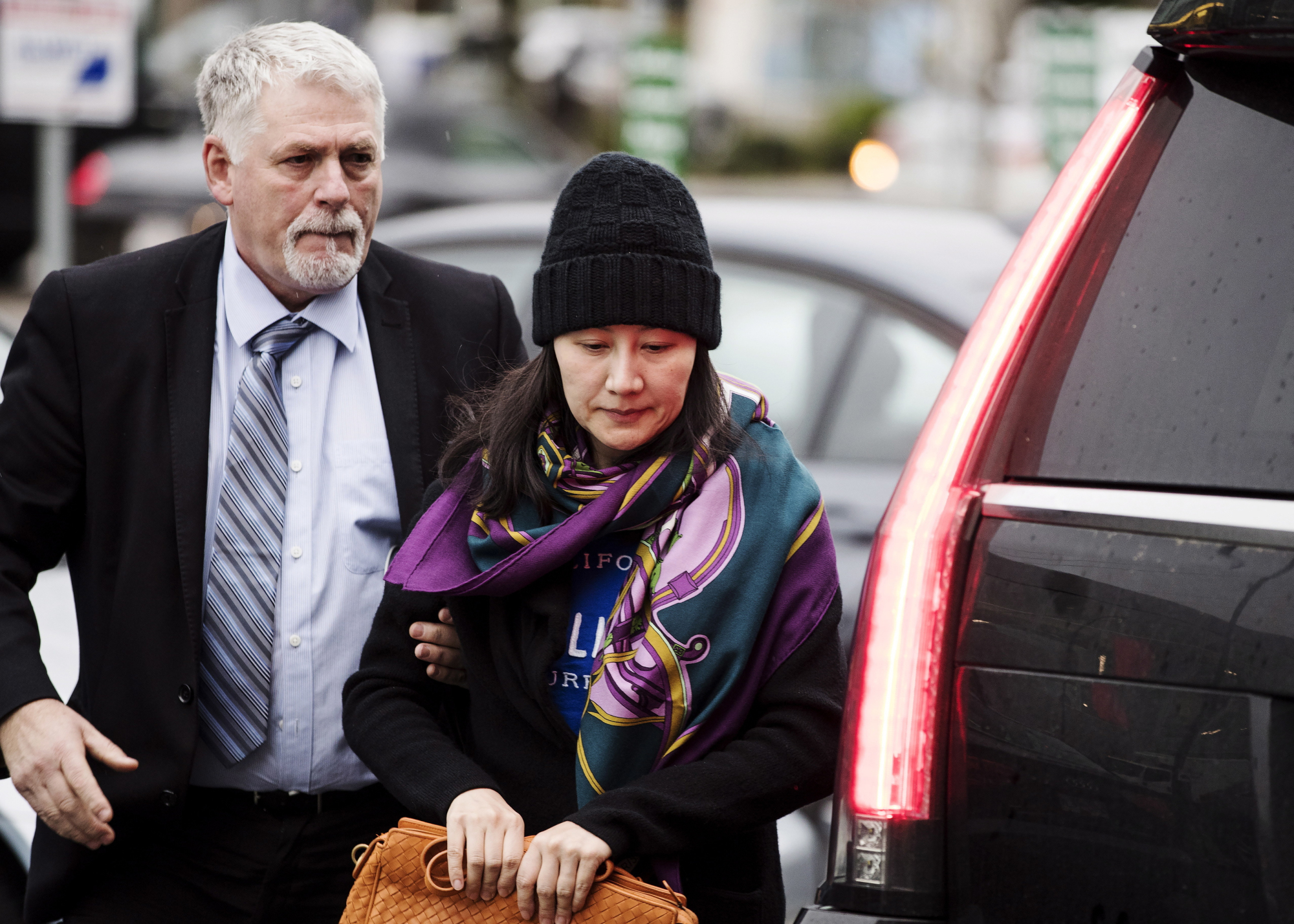Conflicts over intellectual property protection continue to constitute one of the central fronts in the broader trade war between China and the United States. Economic espionage threatens individual U.S. firms, but also the overall technology ecosystem that the U.S. has developed. Consequently, the Trump administration (and the Obama administration before it) has determined that Chinese espionage poses a core national security threat.
The U.S. has laid out an impressive case against China. The "China Initiative" from the U.S. Department of Justice focuses directly on Chinese espionage against U.S. firms, as well as other means of acquiring technology from the U.S. and other Western countries. The Commerce Department similarly laid the foundation for expanding export controls on a variety of sensitive technologies, including artificial intelligence.
Canada's arrest of a Huawei executive on bank fraud allegations suggests that the U.S. is becoming altogether less shy about using aggressive tools to manage perceived Chinese misbehavior. The U.S. has ample legal justification for this arrest. Extraterritorial arrests can be framed within the broader context of "gray zone" conduct of trade war between China and the U.S. The U.S., in short, is waging a campaign of "lawfare," built upon the legal and economic foundations that it has established for the liberal international order.


















With your current subscription plan you can comment on stories. However, before writing your first comment, please create a display name in the Profile section of your subscriber account page.